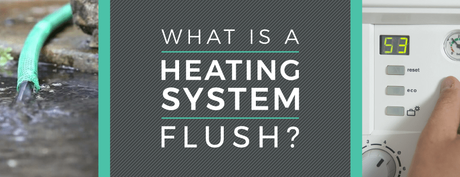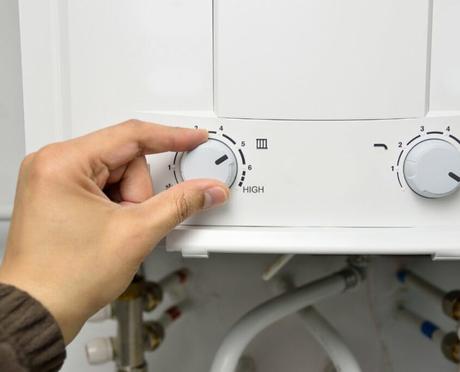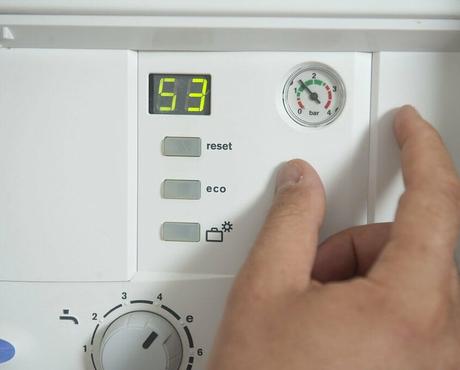
Boiler breakdowns are one of the very most frustrating scenarios for a homeowner to experience. The inconvenience of a compromised heating system cannot be underestimated, both from a comfort and financial perspective.
So where possible, you should do everything within your power to keep your boilers in prime condition, preventing a sludge build up and ensuring that your system water is clean water.
Dirty water, debris and sludge can have a hugely negative impact on the efficiency of your boiler performance. So it is certainly a good idea to flush the system every once in a while.
But what is the system flushing process? And how can it be conducted to make sure your central heating system is more original Star Wars than Episodes 1, 2 and 3?
We’ll tell you everything you need to know in this article. Except how Jar Jar Binks was expected to become a beloved series-defining character. Some things are just inexplicable…

What is a power flush?
A power flush is a chemical solution, used for the cleansing of a central heating system. It will help to remove debris, rust and sludge from the pipes, and any other unwanted gunk that might be compromising the performance of your system.
Suffice to say, left unattended, these sort of remains can cause all sorts of issues – with the primary result that the central heating system won’t work to its full capacity.
Think of the dreaded voice of an infant child repeating the words ‘Peppa’ over and over again until you’re forced to abandon your series binge-watch for MORE ‘fun’ adventures with a family of swines.
That voice is akin to the sludge and debris chipping away at your central heating, with your boiler substituted for your sanity as the potential victim of an eventual breakdown.
With a power flush, you’ll eliminate all the disposable dregs from the system, stopping blockages and maintaining boiler efficiency, ultimately increasing its shelf life. It’s a great means to MOT your home heating.
And in effect, it’s an antidote equivalent to warm milk and Calpol.

How do I know if my boiler needs a system heating flush?
Listed below are some of the usual indicators that your boiler might require a heating system flush. Where possible, it makes sense to consult a gas safe registered engineer for power flushing advice.
Telltale signs for a power flush
- Leaking radiators
- Cold spots on radiators, especially at the bottom
- Noisy radiators and boilers
- Cloudy tap water
- Repeated boiler issues, requiring regular restarts
- Some radiators not heating up as well as others in the house
- Louder than normal noise emanating from the heating system pump or boiler
- Radiators not heating up properly despite the boiler being switched on
- No water emerging when radiators are bled
- Dirty water emerging when radiators are bled
Furthermore, we’d also suggest the use of a power flush on the entire central heating system whenever a new boiler is fitted. As a general guideline, a heating system flush should occur every five or six years to maintain your boiler in premium shape.
This will help you ensure that all of your designer radiators, heated towel rails and any other home heating devices you have installed, are all working to their optimal capacity.

How long will a power flush take?
Variables at play regarding how long a power flush will take include the size of your property and your central heating system. Power flushes will generally be completed quicker in combi boilers and sealed heating systems, as expansion pipes and the cold feed don’t require capping off.
Typically, a thorough heating system flush will take about half the working day to complete. For a three-bedroom home with a vented heating system, expect a five-hour power flush.
Can I complete a heating system flush myself?
It’s not advisable. BestHeating would always recommend to enlist the services of a qualified professional to perform a heating system flush.
Grab a quote from a plumber with experience in handling the specialist equipment and chemicals involved in the power flushing process.
Prices can vary from system to system, but a full heating system flush will tend to cost around £400-£500.
Get in touch with BestHeating
There you have it. Now you’re all clued up on heating system flushes, please don’t hesitate to get in touch with us regarding any of your home heating queries. You can leave your questions or thoughts in the comments section below, or contact us via Facebook, Twitter or Instagram.


